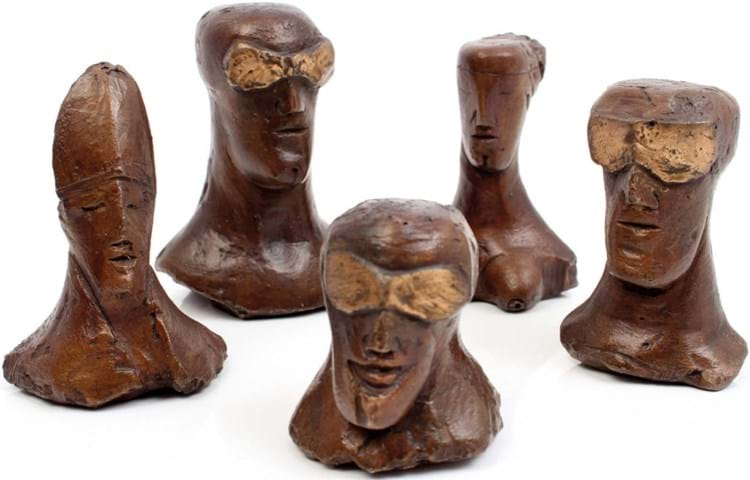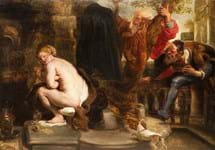
When in January this year Jonathan Benson of Reeman Dansie visited a converted block of Victorian artist studios in Chelsea to conduct a probate valuation he knew he “would never see the like again”.
The Stanley Studios, where artists such as Elizabeth Frink, Jack Smith and Rodrigo Moynihan once worked, had been home to artist and antique dealer Peter Gerald Collins (1923-2001).
In the 1960s, following success as a commercial artist, he and his wife Georgette (1921-2016) had opened the Balcombe Galleries in Sussex, a dealership that in its ’60s heyday extended to 20 rooms and acres of outside effects. Alongside spiral staircases and garden statuary, Collins would exhibit his own work and hold exhibitions of others including Lucien Freud, Walter Sickert and Augustus John.
When in 1975 the Stanley Studios, where Collins had been a tenant since the 1950s, were threatened with demolition, the couple chose to save the building and convert it to a single dwelling.
The contents were offered in a single-owner sale in Colchester on May 9. The 600 lots coupled a crosssection of country house furnishings such as a Howard & Son sofa with original lime-green ticking (sold at £4600) with moments from an artistic career that had rubbed shoulders with some major names in British painting and sculpture. In particular, the couple had followed the career of Dame Elisabeth Frink (1930-93) – once purchasing her plaster maquettes at a time when she couldn’t afford to have them cast in bronze.
A series of Frink chess pieces, diminutive in size but assuming classic goggle head forms, proved particularly popular against modest hopes of around £1000 each. Each numbered 1 from an edition of 10, they sold for sums between £8000 for a bishop to £28,000 and £32,000 for a rook and a king respectively.














